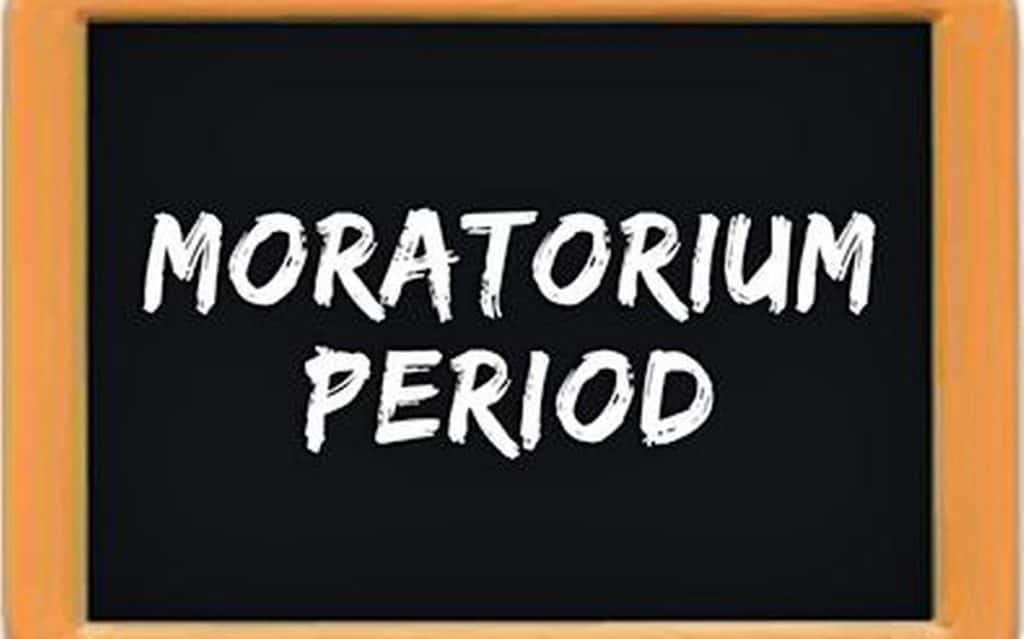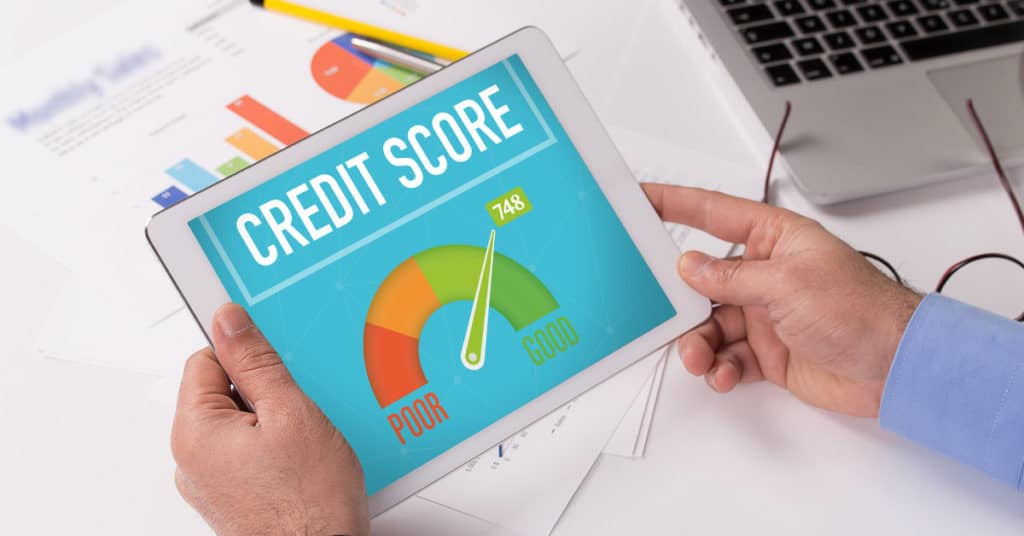Property Geek
We provide the actual and accurate information with unbiased user driven reviews to our viewers, to help them see the best and find the best!
View posts
In respect and a part of the relief measure during the COVID pandemic, the Reserve Bank of India (RBI) availed a three-month moratorium on term-loan and credit card repayments for Indian Citizens. As a result of which, the lending institutions were directed to defer the customer’s EMIs who are opting for the moratorium period under the lean moratorium scheme.
But, what is it? How does it help the Indians with their EMIs? What are the eligibility criteria? Is it really that beneficial? Let’s find out answers to all such questions with the help of this article.
So let us answer the first question: what is a moratorium?
A loan moratorium is an officially sanctioned time frame during which the payment of money due for particular loan installments is postponed. The process is straightforward:
These moratoria are typically established in reaction to the unexpected financial troubles that the borrowers experience as a result of an unforeseen shift in the market, in this case, the COVID pandemic at the present time.

A moratorium is declared for a set length of time, called the moratorium period, because it is a temporary cessation of activity. Borrowers are not considered defaulters if they choose not to repay their loans during the moratorium period. They will now have to start making payments after the moratorium period is ended, along with any outstanding payments.
The borrowers who choose to opt for a loan moratorium are not required to pay their EMIs in that period. Also, during the moratorium period, the interest is not waived off and continues to accrue on the outstanding amount. This means, although they need not pay their debts during the moratorium, they will be expected to pay additional interest on the months for which the EMI moratorium was taken.
Let’s understand the moratorium period via an example:
Say Nicole provides a sum of $500,000 loan by Bank A in January 2020 in order to expand her restaurant business. She agreed to pay a fixed monthly payment of $100,000 over six months that make a total repayment amount of $600,000 in order to secure the loan with the first payment due in February 2020 followed by every month.
Having followed the pattern, in mid-March 2020, the restaurant business is forced to shut due to the outbreak of the COVID pandemic. So, bank A opts to grant Nicole a moratorium period from mid-March 2020 to June 2020 with no additional charge due to the event.
As a result of which, Nicole is now able to defer her April 2020 payment to July 2020.
Now that we know what is a loan moratorium, we have to understand the eligibility criteria for EMI during the moratorium period.
According to the Reserve Bank Of India (RBI), a circular dated March 27 talks about all individual borrowers being eligible to opt for a loan period a moratorium on their EMI whose loan, is outstanding as of March 1, 2020.
The borrowers who choose to opt for a loan moratorium are not required to pay their EMIs in that period. Also, during the moratorium period, the interest is not waived off and continues to accrue on the outstanding amount. This means, that although they need not pay their debts during the moratorium, they will be expected to pay additional interest on the months for which the EMI moratorium was taken.

Here are a few incidences that followed in the news with regards to the moratorium period and the COVID pandemic:
We’ve covered what a moratorium is, its eligibility, and the present scenario. Now we must understand how a loan moratorium is beneficial:
A loan moratorium can assist a borrower in stress-free planning of their repayment strategy. They may be able to gather money from various sources and start the repayment process gradually rather than rushing to make payments without adequate funds.
The fact that a loan moratorium has no negative effects on your credit score is one of its most significant advantages. Simply said, a borrower’s credit score is not negatively impacted by failing to make timely payments on a loan.
The Covid-19 outbreak served as a sharp reminder of the economic devastation that a single incident might cause. Numerous people have had their savings destroyed as a result of job loss or the passing of the family’s primary breadwinner.
In this case, a loan moratorium may be useful to assist you to get through a trying financial crisis. People who are having trouble making ends meet may find it beneficial to evaluate their financial condition and make plans for the future.
Irrespective of the interest, the ability for an individual to defer their payments into the future does for sure offer greater financial flexibility.
Nevertheless, the interest does accrue over the moratorium period that resulted in a huge payable loan amount.
You must be wondering what is the moratorium rule in India. The top Indian banks have specified their loan moratorium standards:
If the National Automated Clearing House (NACH) is being used to collect the installment or EMI, send an email to the stated email address with an application (Annexure-I) and a mandate for NACH Extension (Annexure-II) to halt NACH for these installments (Annexure-III).
Please email an application (Annexure-I) to the designated email address (Annexure-III).
As of March 1, 2020, the program will be accessible to all regular term loans within the categories of housing loans, loans secured by property, auto loans, education loans, and personal loans.
The exemption would apply to the EMI due in April 2020 and May 2020 in cases where the borrower has already paid the March 2020 installment.
Borrower(s)/customer(s) must specifically OPT-IN for the use of a moratorium and a delay of payments that are due between March 1 and May 31, 2020, in relation to all other types of facilities.
Customers of HDFC Bank who used a retail installment loan or any retail credit facility before March 1, 2020, are all eligible.
Customers with past due balances prior to the first of March 2020 may also choose the moratorium, and the bank will evaluate their petitions based on their merits.

According to a circular that was issued by the Reserve Bank Of India, dated March 27, 2020, if an individual opts for an EMI moratorium, it does not in any way harm the credit score or will not lead to a credit downgrade of the borrowers.
For those who are experiencing severe cash flow problems and are looking for a brief break from financial troubles, a moratorium might be a great benefit. A moratorium must, however, be entered into only those with severe financial needs, and the means to make payments should choose loan moratoria.
Commercial banks such as the regional banks, rural banks, and small finance banks can opt to offer a moratorium period. Adding to the list, cooperative banks and also the non-banking financial companies (NBFCs), and every Indian financial institution could offer borrowers the moratorium period.
This is up to the bank as RBI has permitted all banks to decide how they would like to offer the moratorium to their customers. Where some might raise a request to ‘opt in’ for the moratorium, the others have set moratorium offer as a default option for a few products, so you might need to raise a request to ‘opt-out’ of the scheme if you wish to keep your repayment cycle unchanged.
One can opt for the EMI moratorium three days before the loan amount being deducted.
No, they aren’t. However, they are a deferment of EMIs for the repayment tenure with the due dates extended by 3 months from the expiry of the moratorium.
Yes, they do. A moratorium period includes both, interest and principal component of your EMI.
A moratorium period is applicable on outstanding loans from the 1st of March, 2020.
In case your bank has advised or raised a request for availing of the moratorium offer, simply visit their website or click on the link shared by your bank to fill a form therein to opt for the scheme. You can also visit the bank physically to raise this request.
On the other hand, in case the bank has set a moratorium as a default choice on your loan amount but you do not wish to avail of the scheme? Simply, visit the bank’s website and fill a form to opt-out of the scheme.